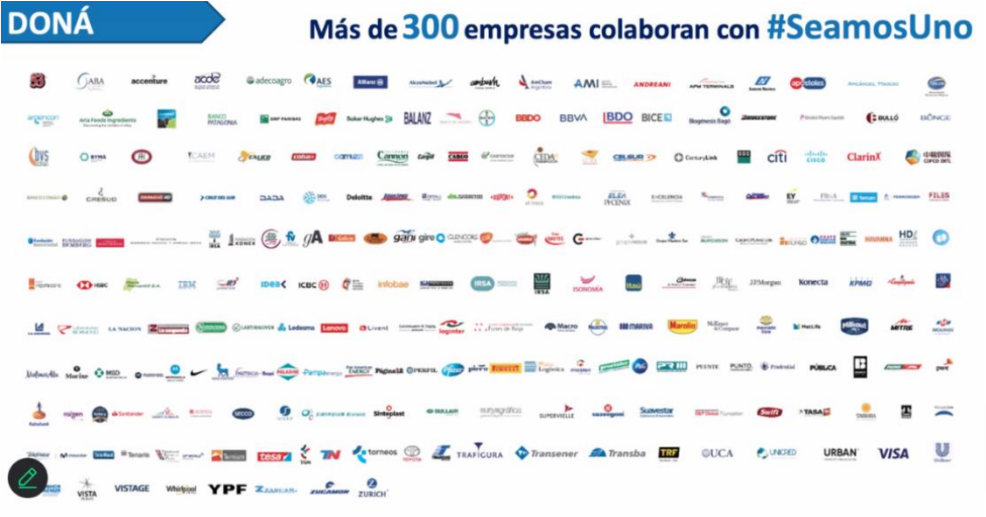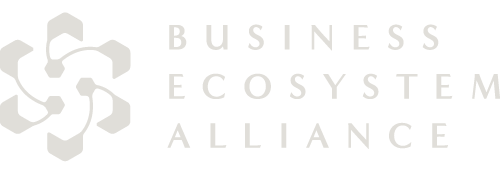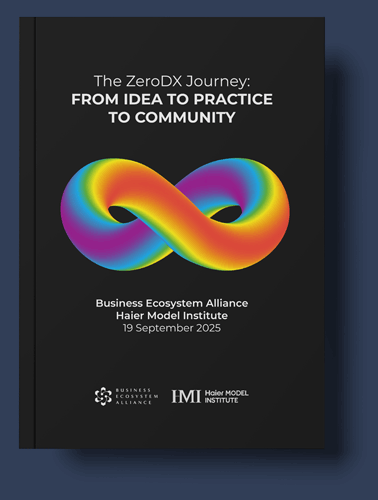
Liquid Organizations and the Circular Management Model: The SeamosUno (Let’sBeOne) Case
SeamosUno exemplifies a new type of organization through its innovative management model. Founded during the critical period of the COVID-19 pandemic, it is considered a liquid organization, meaning it leverages third-party assets and knowledge to grow exponentially.
It was created at the end of March 2020 with the objective of urgently supplying food rations to a low-income segment of the population. To achieve this goal, it aligned more than 300 leading companies, the country's main religious and social entities, and state agencies in just a few weeks.
Instead of following a linear and hierarchical principle, SeamosUno implemented a circular model in which the coordinating leader was placed at the center, surrounded by units (audit, processes and technology, treasury, communications, and procurement). Each of these units was designed as autonomous, self-directed, and self-organized cells, and was formed by independent companies.
A central point of the circular model is the role of the Coordinating Leader. Their main functions are: a) defining the transformative purpose; b) setting the rules of engagement; c) managing information and the use of technology. Trust, in turn, is the cohesive element that makes it possible for this circle to be maintained and for liquid organizations to develop their potential. Given that this model leverages the assets and knowledge of third parties, the transformative leader and the liquid organization have access to information from competitors in various industries. Managing this information intelligently and ensuring it does not disadvantage any participant is crucial for maintaining trust and ensuring everyone works together as a team.
Liquid organizations are exponential organizations because they can achieve a level of growth and organizational impact thanks to five validating principles:
- Scale
- Efficiency
- Transparency
- Cooperation/Plurality
- Territoriality (Social Empathy)
Among the main achievements of SeamosUno are:
- Distributed 60 million food rations for over 1 million families in less than five months from its creation.
- Implemented a logistics system equivalent to the daily operation of 20 hypermarkets within weeks.
- Achieved high efficiency, allowing the assembly of a box every 5 seconds.
- Enabled competitors in each segment to work together, including the Big Four auditors (Deloitte, EY, PwC, KPMG); in fact, it was the first project signed by all four.
- Conducted the largest fundraising campaign in Argentine history.
The learning from SeamosUno is currently the foundation of the startup Nuqlea, whose objective is to compete in the Latin American construction materials market, which moves approximately US$150 billion annually and where only 3% of transactions are executed digitally. Starting in Argentina, and then expanding to Brazil and Mexico as the next stages, it currently ranks fifth among the largest iron sellers in the country.

Autonomous, self-directed, and self-organized cells, formed by independent companies:


